India has suffered disastrous loss of life from COVID, with the health system struggling to cope. Subir Rana, whose father died of the virus in May 2021, describes an incompetent and corrupt medical establishment.
COVID has been a national disaster in India. It became a personal catastrophe for me when my father lost his life to the virus. But his humiliating exit from life was also the result of utterly callous and inhumane treatment by medical staff, and a greedy, corrupt medical establishment.
In Bihar and elsewhere, there have been reports of COVID patients being abused, manhandled, even raped, and their family members charged ridiculously large sums of money. Beds were allegedly sold by hospital staff, and they were accused of extracting and selling the organs of COVID patients during treatment. Many COVID patients have therefore avoided hospitals. Health systems broke down miserably and reeked of corruption: ambulances that were apparently purchased using funds from a local development scheme are reported to have been left unused.
My father, who was a small publisher and library book supplier, was diagnosed with COVID on 28 April and immediately admitted to a private hospital. It was charging a hefty amount for “super-speciality” treatment. The oxygen supply was cut off at regular intervals and the nursing staff were lax, inattentive and indifferent to the patient’s pain and urgent needs. The cleaning staff, some of whom were responsible for changing the oxygen cylinders, performed their duties while drunk at night. The ICU to which my father was admitted was open to anyone who wanted to visit, despite the risk of contagion.
This ‘super speciality’ hospital was emblematic of a private medical infrastructure in India which is driven by profit and feeds on the vulnerabilities of its patients. I had to buy two vials of the much sought-after life-saving drug remdesivir under the table from this private hospital at a price of Rs. 90,000 (£875). No record exists of this transaction, since it took place on the black market. I also had to buy two small oxygen cylinders at Rs. 30,000 (£292) each. Despite this, my father called me on two occasions, speaking in an extremely weak voice, to say that there was no oxygen and that he was gasping for breath. I had to rush back immediately to the hospital to beg the staff to restore his supply. At one point a doctor gleefully remarked that my father was consuming ‘a lot’ of oxygen.
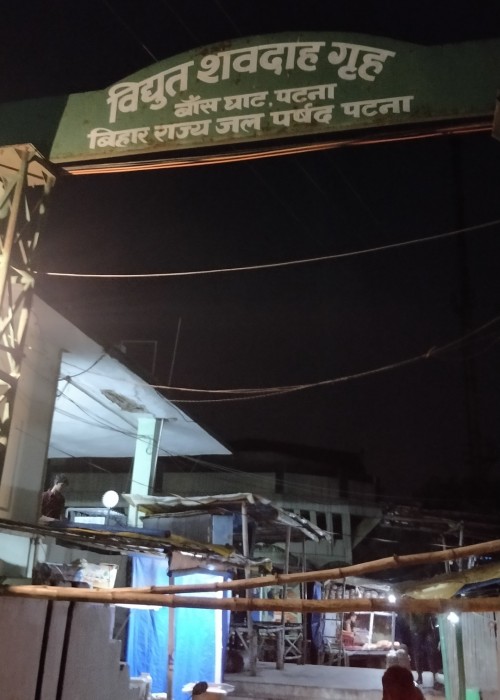
At every stage of my father’s hospitalisation, I had to run errands, manage ambulances and tip scores of people, including the “bouncers” and nursing and cleaning staff at the ICU at the private hospital. At one stage, my father called me and my sister to complain about the management of the hospital, telling us in a muffled voice that he wanted to be taken home.
Medical staff advised us to draw on all the personal connections we could to obtain an ICU bed at the public hospital. Indeed, Transparency International ranks India 86th of 180 countries surveyed in the 2020 Corruption Perception Index, based on the high rate of bribery and cronyism to access public services. The “right to life” enshrined in the Indian Constitution under Article 21 is meaningless in this context. But there was very little opportunity for personal appeals to the goodwill of medical staff, since almost all my family members were admitted to hospital during the pandemic.
I lost my father on 11 May. He put up a brave fight for a gruelling 14 days, initially at the private hospital and later on the COVID ward of a government-controlled public hospital. We couldn’t see him in his final moments, something which will leave us feeling guilty for the rest of our lives. Even during the cremation ceremony at the burning ghat, I was forced to pay the Dom Raja (the giver of the flame for funeral pyres), along with several other people entrusted with carrying out the last rites, such as the pandit and barber – some of whom were too drunk to carry out their tasks.
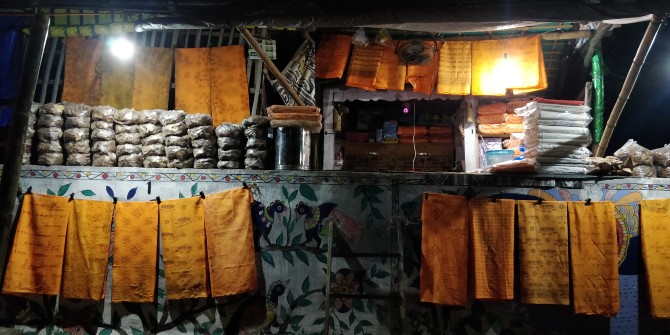
The health crisis exposed by COVID has revealed multiple societal fractures in India – not just the failing health infrastructure and acute scarcity of medical equipment, beds and life-saving medicines, but also of violence and discrimination, authoritarianism and apathy, and the peddling of fake news and conspiracy theories by those occupying responsible positions in the government and society. The Indian government has shown itself to be inept and hubristic, encouraging public meetings and election rallies for the state elections and Kumbh Mela at Haridwar. Only later did the Prime Minister urge devotees to observe the festival symbolically. The number of official COVID cases and deaths bears little relation to reality. The banks of the Ganges became a mass graveyard: hundreds of bodies were in sand because relatives could not afford to cremate them. Thousands of dead bodies have already been found floating in the holy river. There are fears that the monsoon rains, which are imminent, will unearth the bodies buried on the banks. It is high time those responsible for this disaster performed seva for their terrible failings during the pandemic.
This post represents the views of the author and not those of the COVID-19 blog, nor LSE.


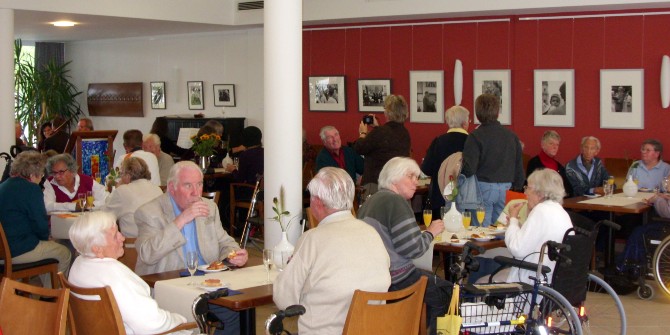
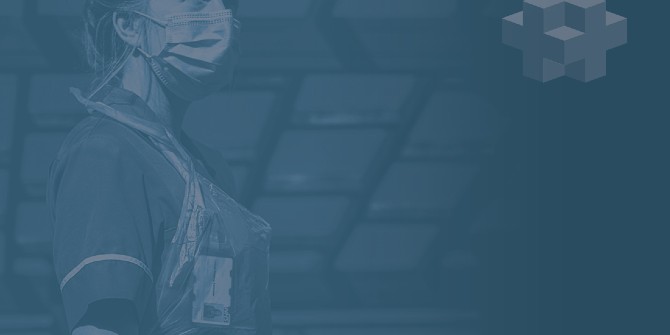
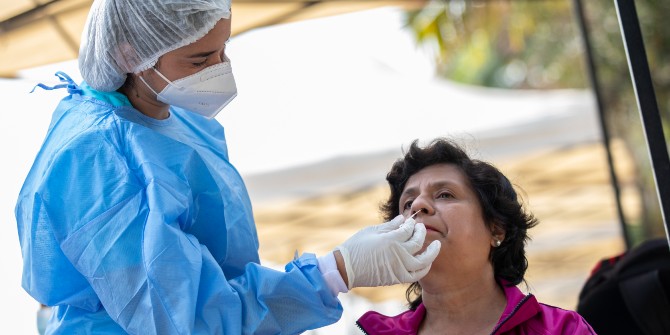
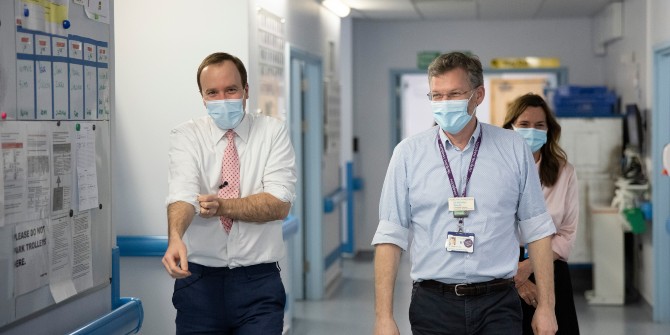
Losing your loved one to covid is horrible. It is most gut-wrenching for me to put this down and go through it all over again. My father had to struggle in the hospital on his own. We were praying every day that he’s going to come out, that he is going to be alright. But suddenly we lost him. My brothers, and my mom didn’t get to cuddle, hug, bid a proper farewell to my father. There were so many things I wanted to do for him that I didn’t get to do .it’s a cruel reminder that to cherish every second with our loved ones. it’s the most unbearable pain that one can imagine.
Really sad story stirring the soul. The mindset of people is more dangerous than covid.